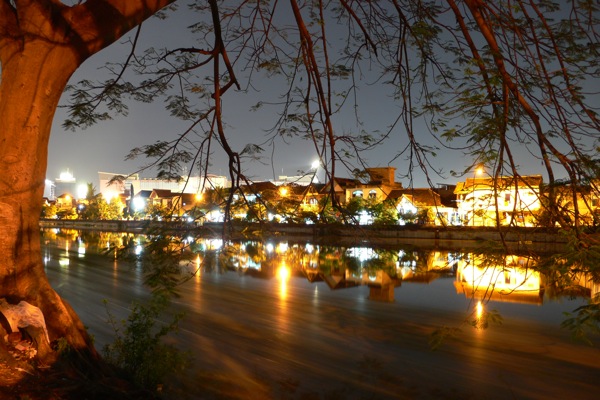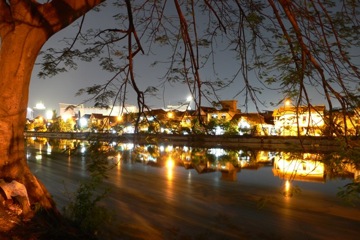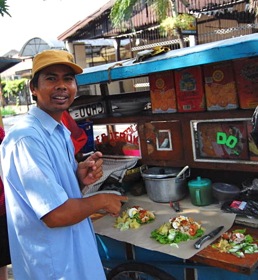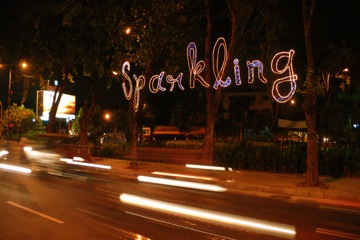
Photos: author
For most Surabayans the day begins at 4:30 a.m. with the call to prayer beckoning them from their beds to the mosque. Indonesia is the largest Islamic country in the world, with 86 percent of the 243 million people calling themselves Muslims.


